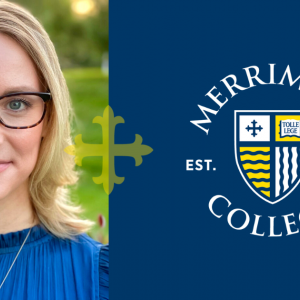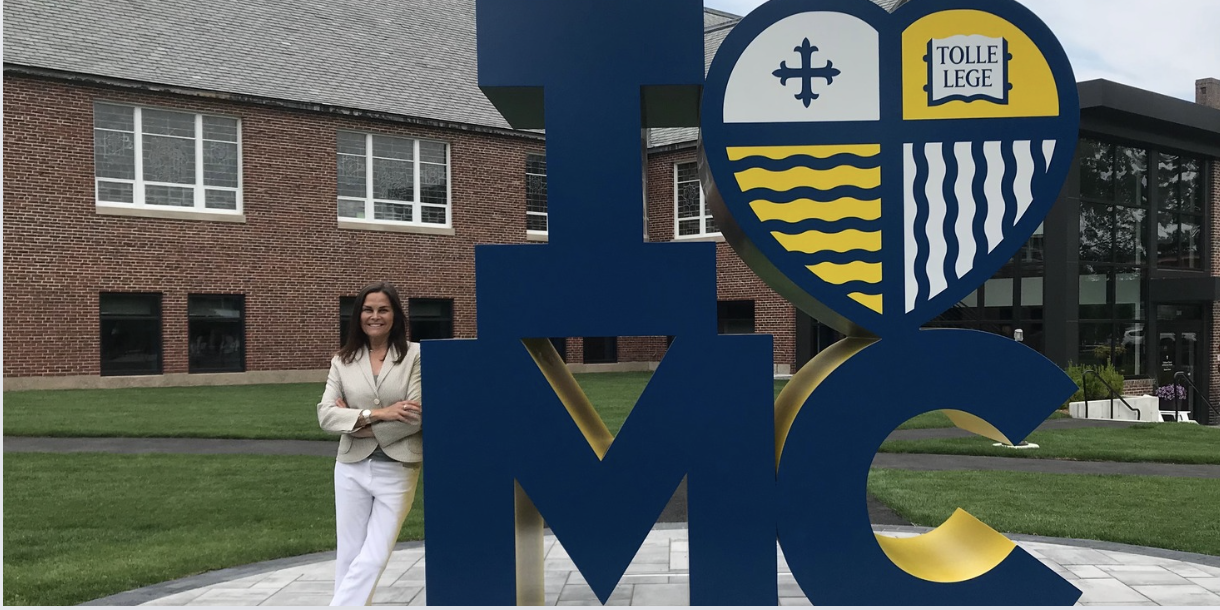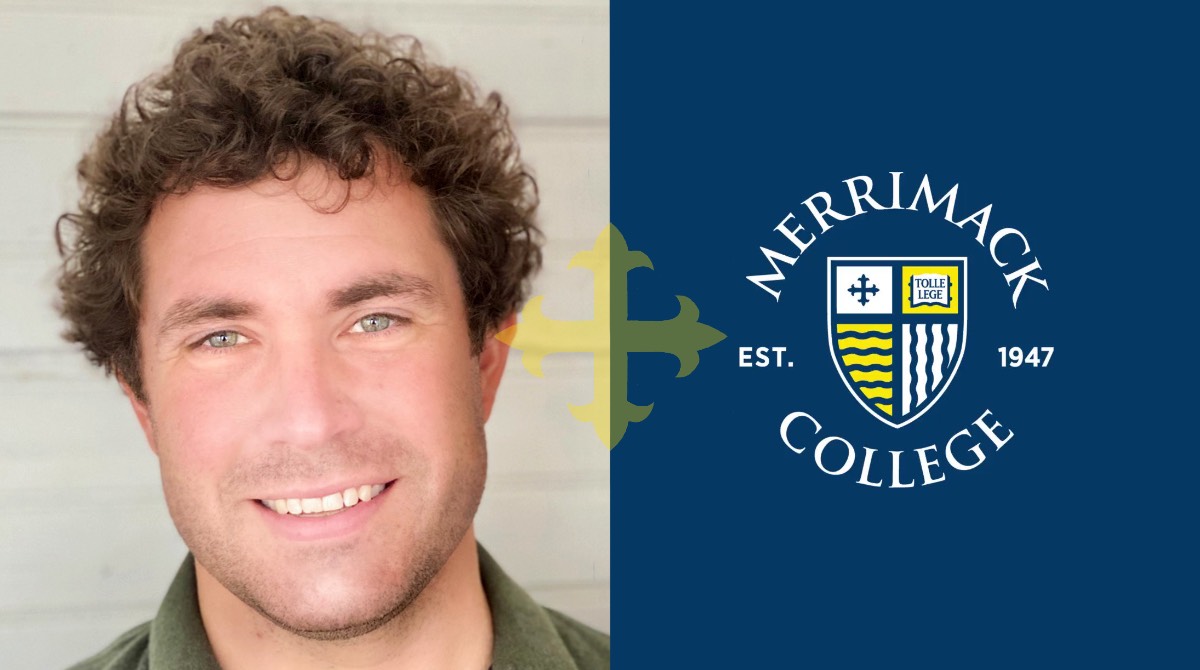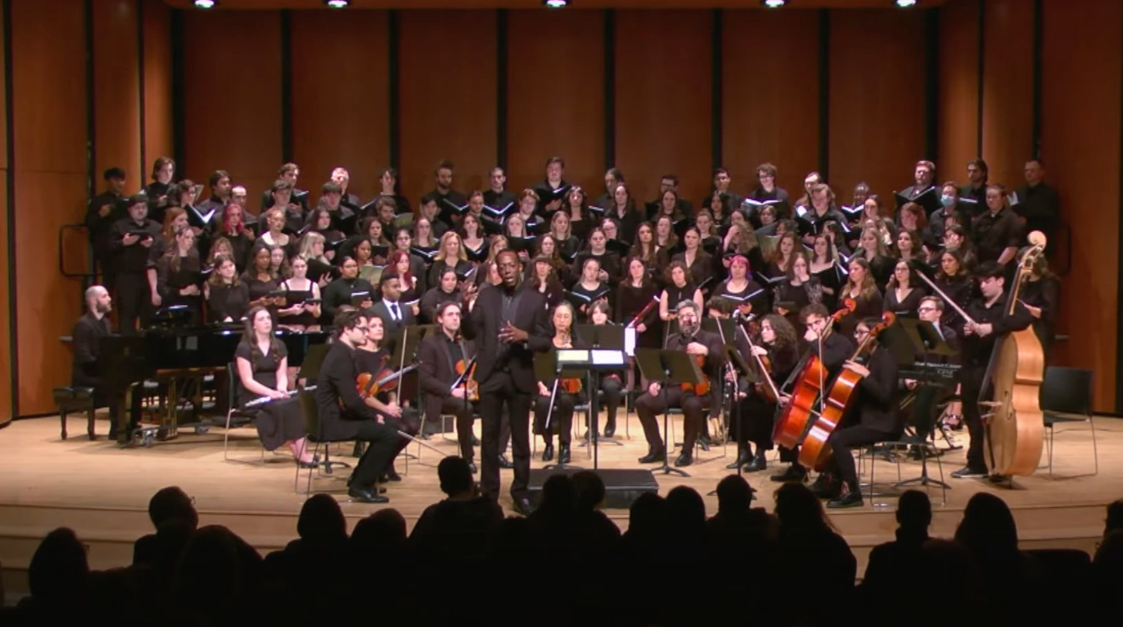When Deborah Olarte was a child, the path to a doctoral degree was unthinkable.
“My parents did not attend college and my family struggled financially while I was growing up,” Olarte explained. “It is not very common for someone like me to obtain a Ph.D.”
So younger Olarte would be very surprised to learn she not only got that Ph.D., she is now Merrimack College’s Center for Health Inclusion Research and Practice’s first-ever research post-doc fellow and was recently awarded a prestigious diversity grant from the National Institutes of Health.
“I’ve overcome a lot of hurdles to get where I am and do the work that I do,” said Olarte. “And that is what is really special about this. I’m honored.”
The diversity award is a supplement grant that, according to the NIH, aims to enhance the diversity of the research workforce by recruiting and supporting students, postdoctorates, and eligible investigators from diverse backgrounds, including those from groups shown to be underrepresented in health-related research. Olarte will use the award to supplement ongoing R01 research led by Juliana Cohen, associate professor at Merrimack and director of CHIRP.
Olarte will specifically study the impact of de-implemented universal free school meal programs on students in Anchorage, Alaska. During the height of the pandemic, the federal government provided universal free school meal programs across the country. For the 2022-23 school year, the decision to continue the program was put to the state level. Alaska was one state that opted not to continue with the program.
“Inadequate childhood nutrition is a significant public health challenge,” Olarte noted. “This study presents a unique opportunity to address those adverse health outcomes and disparities that low-income children may experience.”
In addition to looking at health outcomes, Olarte said she will also study participation rates in school meal programs, the behavioral implications among children and the impact it will have on families and home life. She added that a key reason she will conduct their research in Anchorage is because of the diverse population.
“I am really grateful to have this opportunity,” said Olarte, who plans to spend some time in Anchorage over the course of the two-year grant. “This study really represents an opportunity to address food insecurity and health disparities in children and influence food policy.”





